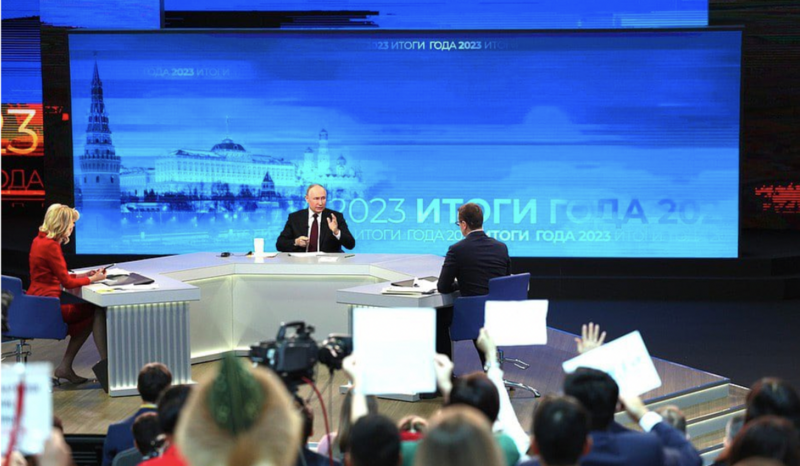Since January 2022, Ukraine has been able to keep the fight against Russia going thanks to nearly US$350 billion in aid that’s been sent over mostly by Western nations.
But as money runs out, securing the next $115 billion has become complicated.
What happened: Hungarian Prime Minister Viktor Orban blocked a European Union aid package for Ukraine worth $54 billion, a situation that underscores how new, complex political dynamics are casting uncertainty around the funding of Ukraine’s war efforts.
- The move happened hours after the EU agreed to open membership talks with Ukraine, another contentious development that Orban committed to stalling.
- Ukraine will not run out of money for at least a few weeks, so the EU’s other 26 leaders have committed to revisiting the debate in the new year to find a solution.
Why it matters: The blocking of these funds represents a big setback for Ukraine, especially after Ukrainian President Volodymyr Zelensky tried and failed to secure an additional $61 billion from the U.S. this week — a change from the support-at-all-costs approach to date.
- Funding Ukraine has become increasingly politicized, as Republicans try to snag concessions around immigration and border security in exchange for a deal.
Big picture: Experts say waning support has helped Russian President Vladimir Putin’s confidence in his war efforts. In his first formal news conference that Western media could attend since 2022, he said there would be no peace until Russia achieves its goals.—SB
